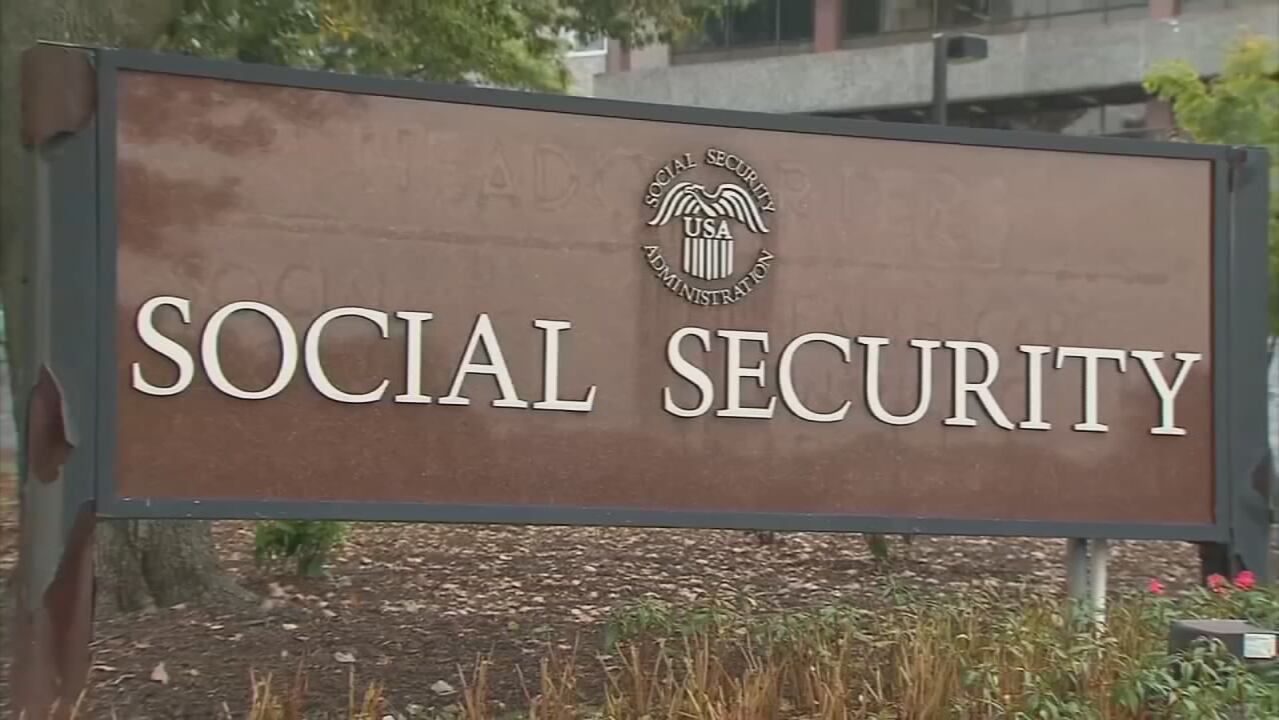In what can only be described as a watershed moment, the Social Security Administration is finally offering solace to countless beneficiaries ensnared in a convoluted web of overpayments. Spearheaded by the newly appointed Social Security Commissioner, Martin O’Malley, this pivotal change promises to alleviate the undue stress and financial burden on those caught in the agency’s snafu.
This overhaul not only shines a spotlight on the inherent issues plaguing the system but also ignites hope for a more compassionate and logical approach moving forward.

The Catalyst for Change
For years, the Social Security program operated under a cloud of inefficiency, inadvertently embodying the chaotic essence of the Three Stooges mingled with the ruthless efficiency of Elmore Leonard’s famed loan shark, Chili Palmer. Beneficiaries, many of whom rely on Supplemental Security Income (SSI) or Disability Income due to their vulnerable status, found themselves on the receiving end of erroneously inflated payments.
The subsequent demands for repayment cast a long shadow over the lives of millions, with some individuals facing the draconian measure of having their entire monthly benefits seized.
The exposure of this scandal, thanks in part to diligent investigative efforts by the Kaiser Family Foundation and Cox Media Group, revealed a systemic overpayment affecting not one but two million beneficiaries annually.
This shocking revelation prompted a swift response from the Biden administration, culminating in the selection of Martin O’Malley, a figure known for his political acumen as the former mayor of Baltimore and governor of Maryland, and his 2016 bid for the Democratic presidential nomination.
Social Security offers relief for millions in overpayment scandal pic.twitter.com/4HmYvnsLla
— Investingport (@investingport) March 21, 2024
A New Dawn for Social Security
O’Malley’s approach to rectifying this longstanding issue is twofold. First, it seeks to absolve many beneficiaries from the obligation of repayment. By shifting the burden of proof away from the claimant and simplifying the process for requesting a waiver, the administration is acknowledging the undue hardship placed on those least able to shoulder it.
Furthermore, for those still required to repay the overpaid amounts, the terms have been significantly softened. The imposition of a 10% cap on garnished monthly benefits, coupled with an extended repayment period of up to five years, marks a stark departure from the previously unforgiving policies.
Eligibility for these more lenient terms is remarkably straightforward, requiring minimal documentation from the beneficiaries, a move that underscores the administration’s commitment to fairness and compassion.
The Larger Conversation
At the heart of this issue lies a fundamental question: why should beneficiaries bear the cost of the agency’s mistakes? This conundrum, as Megan Riesmeyer, a law professor at Penn State Dickinson Law, elucidates, stems from the legal perspective that equates social security benefits to a paycheck, where the onus is on the recipient to ensure accuracy.
However, given the labyrinthine nature of Social Security’s payment calculations, this expectation seems unreasonably burdensome.

The complexities and bureaucratic snarls characteristic of the Social Security system are not just a challenge for beneficiaries but are indicative of a larger systemic malaise. With regulations and calculations that could confound even the most astute, the time is ripe for a thorough overhaul that prioritizes clarity, fairness, and accountability.
Moving Forward
As this new policy takes effect, it’s imperative to reflect on the broader implications of the Social Security overpayment scandal. It highlights not only the critical need for systemic reforms but also the importance of governance that places the well-being of its citizens at the forefront.
The steps taken by Commissioner O’Malley represent a significant stride towards rectifying past oversights and reimagining a system that operates with integrity and empathy. The resolution of this debacle may not erase the hardships endured by countless beneficiaries, nor does it address the accountability of those at the helm during the tumultuous period.
However, it does signal a promising shift towards a more equitable and understanding Social Security Administration. As this new chapter unfolds, it is incumbent upon all stakeholders to remain vigilant, ensuring that the lessons learned from this scandal inform future policies and practices, heralding an era of transparency and compassion in public service.


